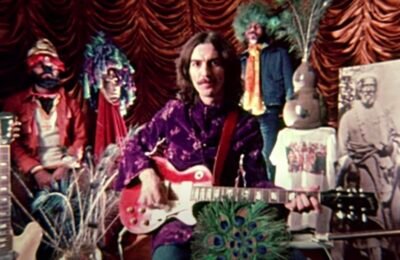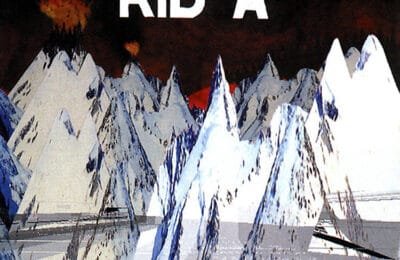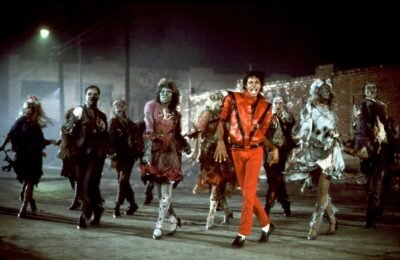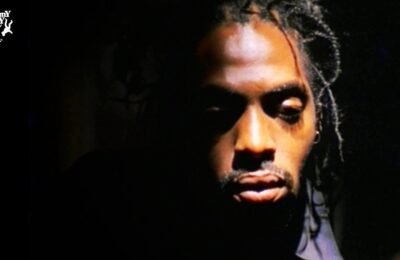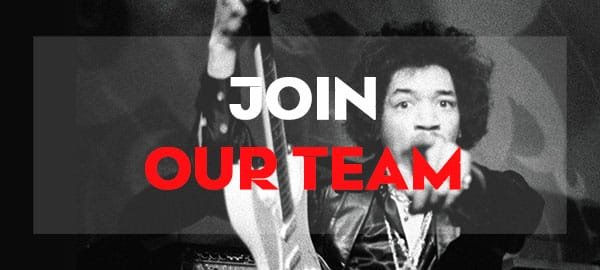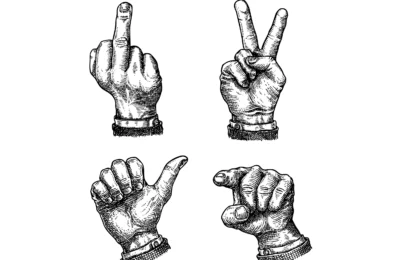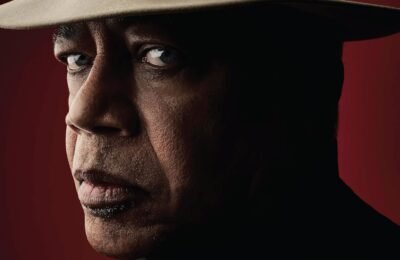The great thing with music, is that it never really dies. A musician usually creates it, puts the words together, comes up with a melody, and releases it into the world. From thereon every song lives on. Some will meet instant worldwide success, or thrive through great covers. Some other will know a slow start but become anthems. Carsie Blanton’s « Little Flame » is not officially released yet but is already living to become emblematic of a movement already making history.
The tale of the two Bobbys
It all started in 2024, after touring in Ireland, opening for Declan O’Rourke —who would dedicate a cover of Sam Cooke’s « A Change Is Gonna Come » to Gaza every night. A friend told her about Bobby Sands, the Irish Republican who led a hunger strike in prison and died of starvation in 1981. Sands and his comrades were demanding recognition as political prisoners rather than common criminals. His death —dismissed as suicide by the British authorities— provoked international outcry.
At first, Blanton thought her friend was talking about a different Bobby: Bobby Seale, co-founder of the Black Panther. Seale was famously bound and gagged during his trial as part of the « Chicago 8 » in 1969, for being too outspoken in the judge’s taste — an image that came to symbolise state repression of Black protest in America. He was trying to defend himself despite the absence of legal representation..
Two men from different worlds. Both stood for their people’s right to resist injustice. For Blanton, the intriguing common taste for rebellion and protest of the two Bobbys, was a reminder of how rebellion echoes across borders and generations. That was the spark behind “The Little Flame.”
The Little Flame of Freedom
As an avid enthusiast of protest culture and rebel songs, Blanton let the inspiration flow, and came up with a first draft for “The Little Flame”. The lyrics celebrate freedom and the right — or duty— to fight for it, even if — especially if —the battle seems uneven. Every revolt, every protest, from a simple picket line, to an armed uprising, leaves a mark in history, inspiring other to not let that thirst for justice die. And « keep that little flame alive ».
The song evokes many a fight over international history, without any particular partisan take. World’s history is not shy of injustices and people who stood against it. From the apartheid in South Africa, to slavery or segregation in the USA, from the Cuban Revolution to the Easter Rising, from the suffragettes, to Unions… She mentions many heroes who risked their lives for their conviction: the two Bobbys of course but also James Connolly, Ernesto « Che » Guevara, Faye Schulman, Dolores Huerta, Bernardine Dohrn… She ends up by quoting Joe Hill — Swedish-american activist and singer executed in 1915: « Good luck to all of you, don’t cry ».
Ultimately, the song is about History, how it can inspire, but more importantly: how it is never over. History is in the making every day, and as she watches the news, Blanton realises that she is living an important part of it.
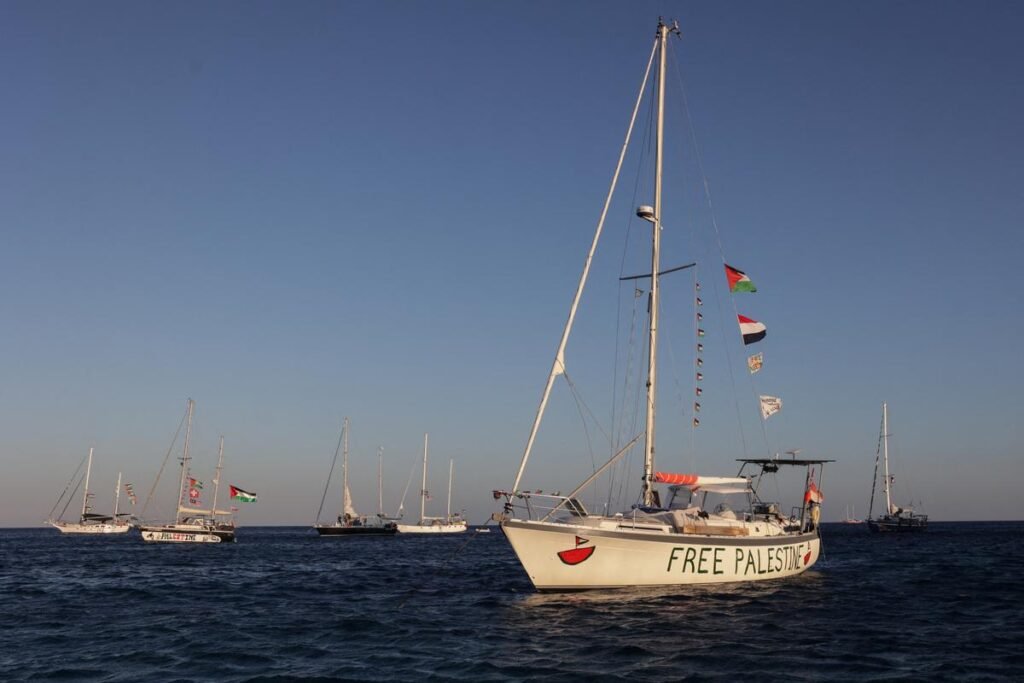
From Music to Collective Action
In January 2025, I was fortunate enough to see Carsie Blanton perform. As she introduced her song, she explained its meaning and sang the chorus first, inviting the audience to follow when the time comes. It was a rare magical moment as her lyrics lifted the whole audience in a warm uniting singalong. For a moment, the audience wasn’t just listening — they were part of the song’s history, carrying that little flame forward. Blanton loves a good singalong ever since she discovered that the FBI —who was spying on Pete Seeger for more than thirty years— considered singalongs as commie propaganda… « Propaganda » I dont know… but as Carsie puts it: « they are, in fact, a form of collective action. »
But recently, well into its second year of existence, the song’s destiny is taking a new turn. As she just recorded a ‘half baked’ version of her song, with blank spaces left for friends of hers to record the response parts, Carsie Blanton packed her song and her guitar to join the Global Sumud Flotilla, a volunteer fleet bravely sailing toward Gaza to break the siege and deliver food and medical aid to a starving population… This is evidently a risky adventure. Over the past year, every other flotilla have met similar fate. They were stopped with their cargo seized and passenger detained, or simply bombed and sunk. But as the song say:
We throw our weight against the door
Even if we don’t survive
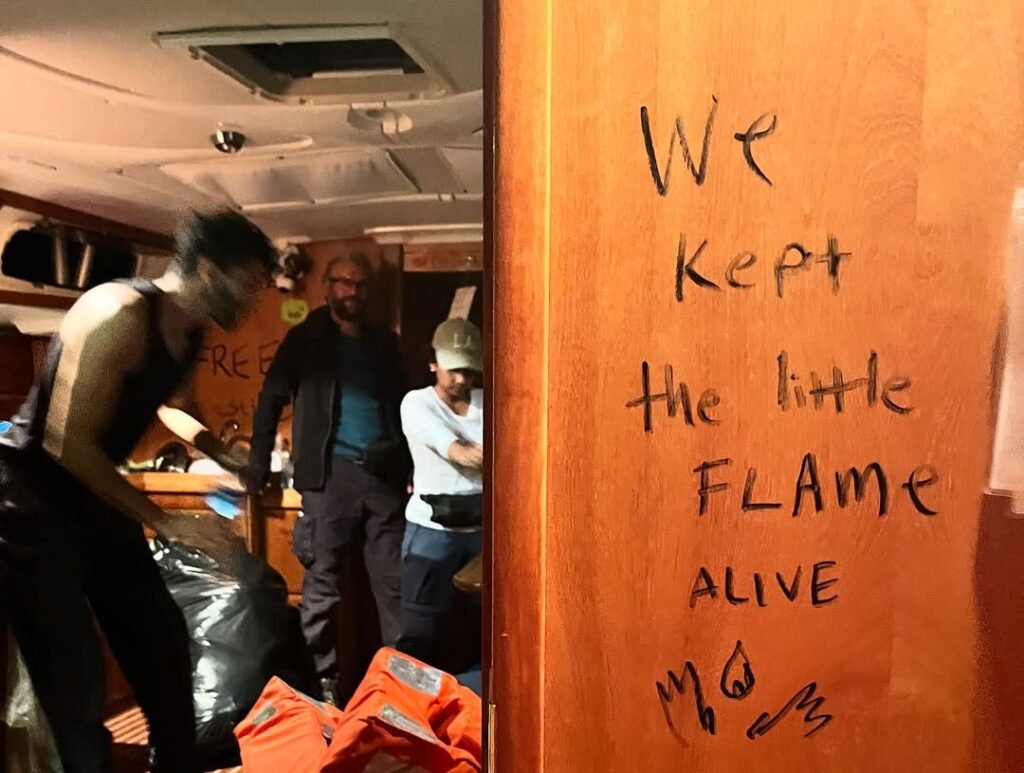
Keeping The Little Flame Alive
Suddenly « The Little Flame » becomes an anthem to the flotilla. Artists around the world began covering it in their own styles, in solidarity with Blanton and the hundreds risking their lives to help bring an end to genocide.
Today, Carsie Blanton and the other activists from the American delegation have been released from Israel’s high-security Ketziot Prison. During their detention, they shared the fate of Palestinian prisoners — enduring humiliation, sleep deprivation, and inhumane conditions. Now free, they continue to call on governments worldwide to pressure Israel to release the remaining detainees and, above all, to act to end the genocide in Gaza.
Final Note
As “The Little Flame” travelled with Blanton and the Global Sumud Flotilla, it carried more than melody — it carried defiance, solidarity, and hope. Like the many protest songs before it, it grows stronger with time, finding new voices to keep it alive. Carsie Blanton reminds us that music can be more than art: it can be a spark for collective action. And as Joe Hill once said before his execution in 1915, words that still echo today: “Don’t mourn. Organize.”


